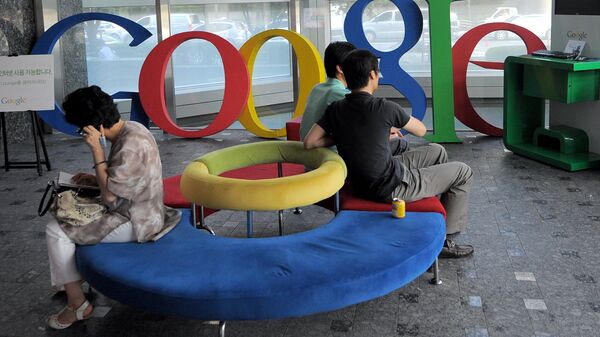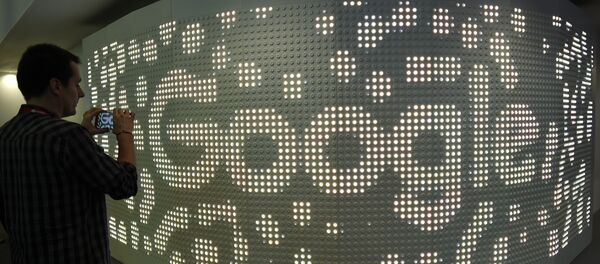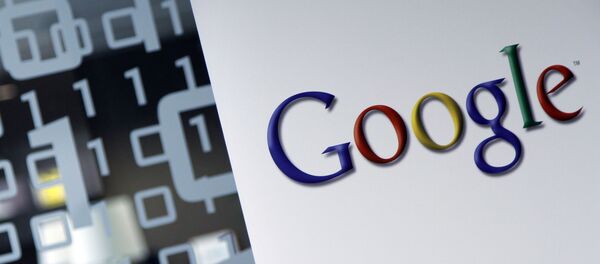"The hard reality is that — even assuming that this is a good faith effort, without any hidden political agenda — this is ‘mission impossible’," Schirach, President of the Global Policy Institute and Professor of International Economics at BAU International University, said.
On Friday, Google said in an official blog post it has launched a program, to be available worldwide, in which results of searches and news will be integrated with information from various fact-checking websites.
However, Schirach warned that expectations for the system were certain to fall far short of its actual performance, amid allegations of bias and censorship from various quarters.
"Can search engines and social media giants reliably sift through millions of information/news items and separate truth from fiction (including propaganda, slander, disinformation, malicious interpretations)? The answer is no," he said.
Schirach acknowledged that it may prove to be relatively easy to spot an utter falsehood such as any claim that the Earth was flat.
However, "It is impossible to establish in an objective fashion whether an extreme interpretation of something ‘somewhat true,’" he pointed out.
It may be possible to spot an entire fabrication such as any false claim that an earthquake had leveled a city, Schirach said.
"But it is impossible to declare that an extreme interpretation of existing trends or opinions is a complete lie," he said.
At the beginning of the era of information instantly delivered via the Internet, many believed that "truth tellers" would be able to keep a keen eye on whoever used cyberspace to post lies, Schirach recalled.
"It did not go that way. Not by a long shot… In truth cyberspace is mostly a balkanized universe dominated by ideological outlets in which millions of people routinely seek and check the sources and ‘thought leaders’ that reinforce their preexisting biases," he explained.
Many people do not surf the Internet in search of facts, Schirach remarked.
"They surf in order to find news items/opinions that validate their already formed ideological prejudice. These users do not seek the truth, they seek reassurance that the world is working exactly the way they always believed, and the news of day simply confirms it," he said.
Schirach stated that such Internet users were willing to believe literally anything as long as the latest "news" they found was in line with what they already believed to be "the truth."
For this reason, Google and Facebook, try as they may, would not be able to restore the truth, Schirach admitted.
"At best, they may be able to flag the most egregious nonsense. But they cannot protect users from the distortions they love and seek," he concluded.
Google has said it will use fact-checking findings from such web sources as PolitiFact and Snopes.




